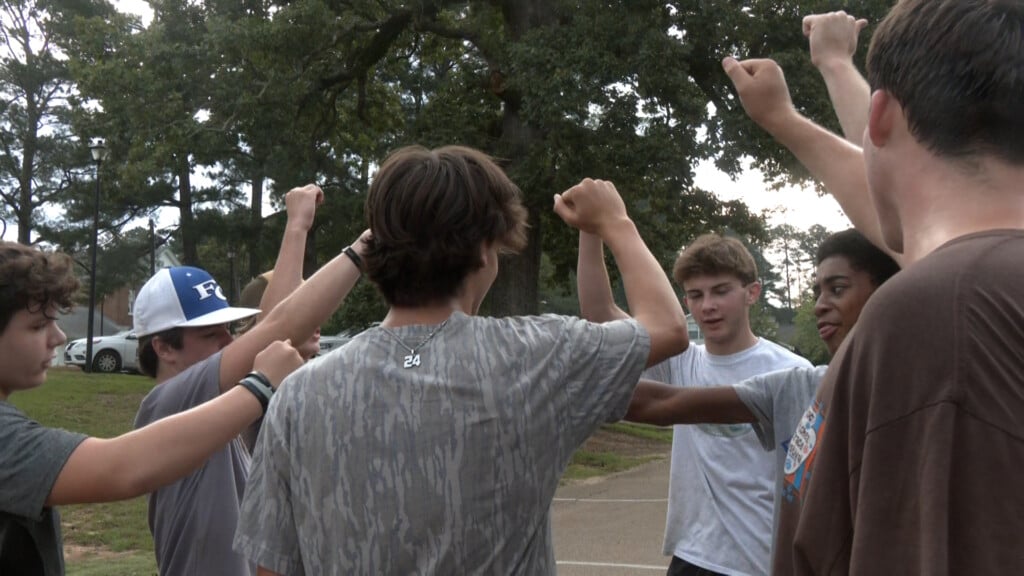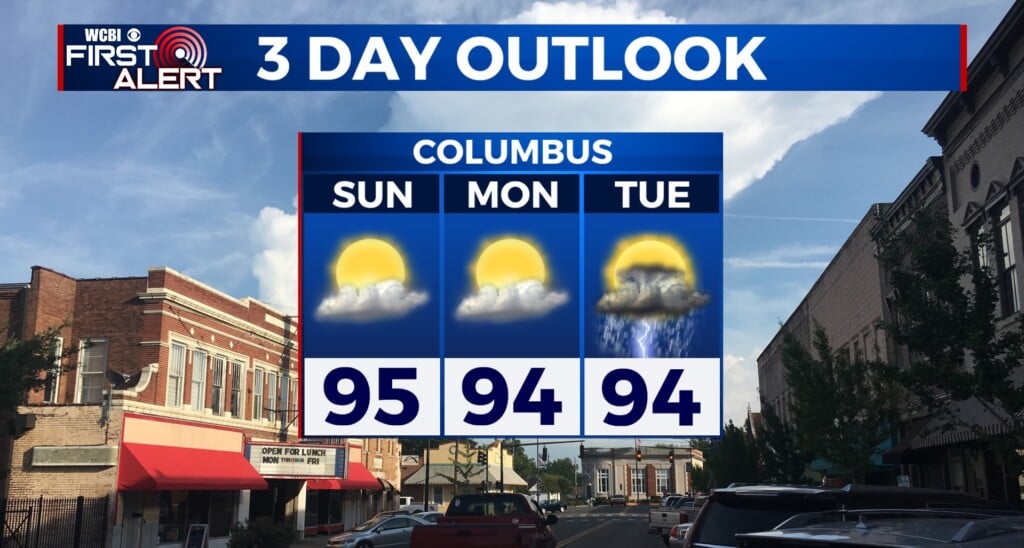How First Responders Cope After Working Tragic Events
HOUSTON, Miss. (WCBI)- As Houston Fire Chief Jonathan Blankenship begins each day, he vows to always give it his all.
He loves what he does.
However, he does admit, when the calls come in, he never knows what to expect.
“It can be as little as somebody needing to talk to somebody, or it could be as bad as somebody’s worst day,” said Chief Blankenship.
Whether it’s a fatal shooting, a house fire, or even a plane crash, first responders often find themselves at horrific scenes, and sometimes those incidents can weigh heavy on their minds long after the situation has happened.
“There are many incidents I will never un-see, and there are many incidents that I will never ever forget,” said Chief Blankenship.
“Generally, we are dealing with the task at hand, and if it’s tragic, we’re still dealing with the task at hand,” said Captain Virginia Rich, with the West Point Police Department. “I’m not going to say that emotions don’t come out because a lot of times they do. We’re human.”
Although covering tragic incidents come with the job, responders said there is no training to prepare for those circumstances.
“Mainly the guys will internalize it until they come back, then they really talk among themselves,” said Chief Ken Wilbourne, with the West Point Fire Department. “If it’s something that we feel we need to bring in extra outside personnel for, we’ve set up for outside counseling to come through, services through community counseling, and some of the other local churches.”
Wilbourne said his department, just like many others, will bring in counseling services and debrief teams during these situations.
He believes allowing emergency responders to have someone to speak with and providing the necessary resources is critical in the coping process.
“It’s extremely important because if you don’t, they will carry it with them for the rest of their lives and it could affect their work life, it could affect their home life, it could affect them for years down the line,” said Wilbourne.
“There’s one big misconception about first responders, that we’re the tough guys and gals and we can handle this, we don’t necessarily need counseling or things of that nature, and that is absolutely not right,” Rich expressed.
Along with receiving help from their departments, resources are also made available for family members of first responders to allow them to help with the coping process from home.





Leave a Reply